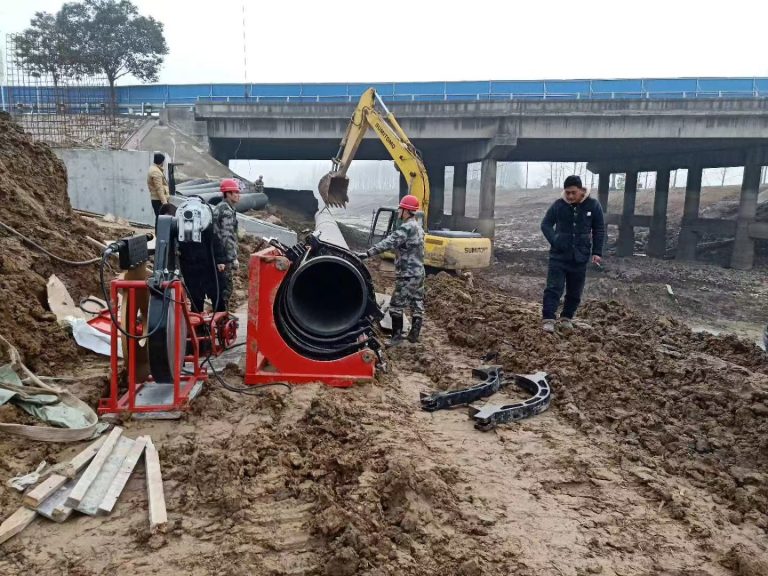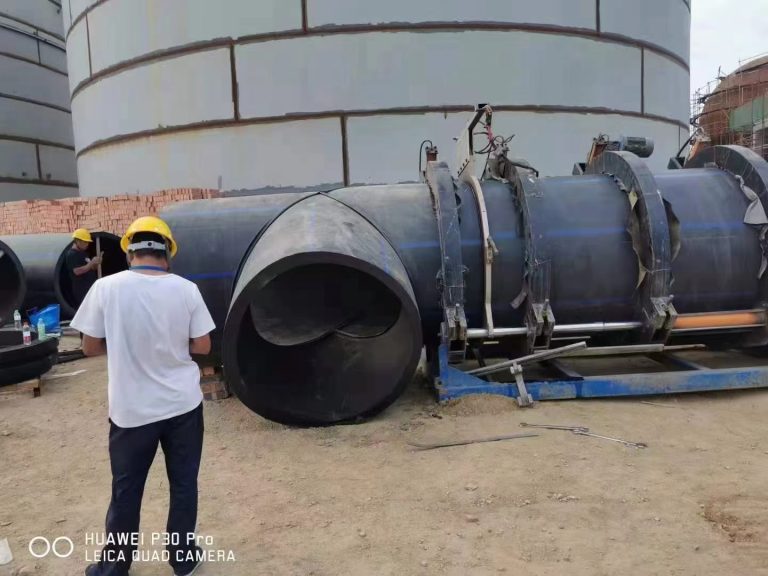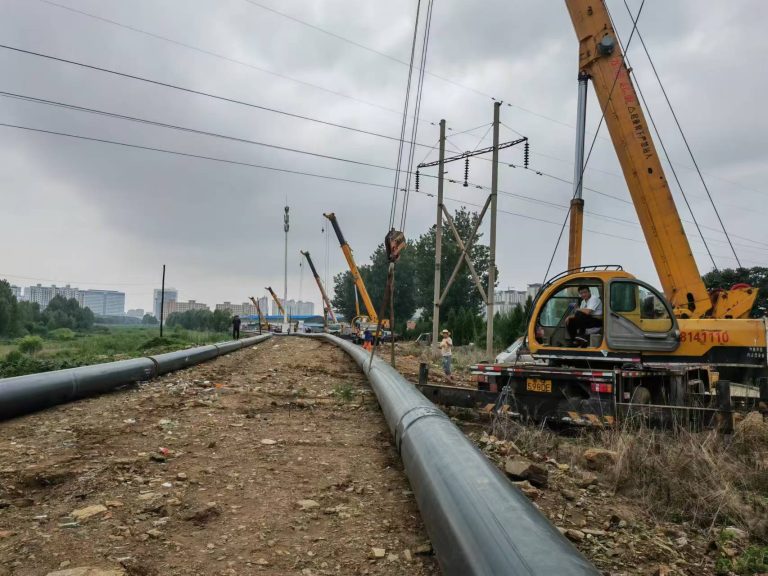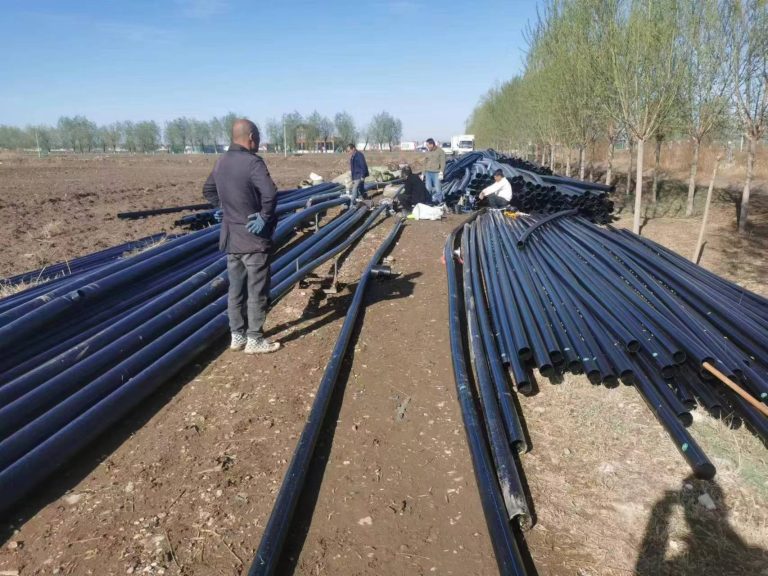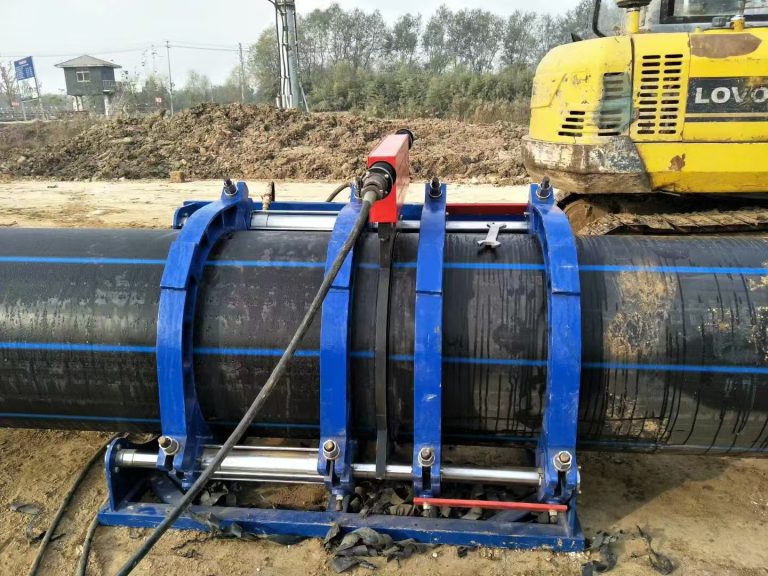Electrofusion Flange
Home » HDPE Pipe Fittings » HDPE Electrofusion Fittings » Electrofusion Flange
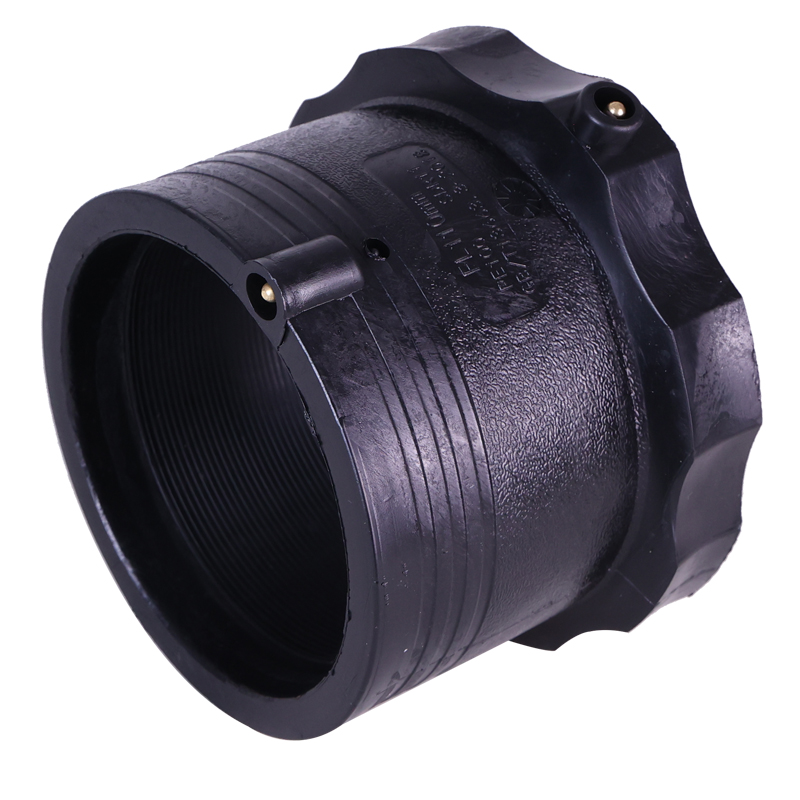
Characteristics Electrofusion Flange
- Non-toxic: Made from virgin materials that are non-toxic, tasteless, and never scaling, effectively improving water quality.
- Corrosion Resistance: High resistance to various types of chemicals, with no electrochemical corrosion.
- No Leakage: Electrofusion flanges are welded in ways that ensure joint strength higher than the pipe itself.
- High Flow Capacity: Smooth inner walls facilitate pipeline transportation, increasing delivery capacity by up to 30% under the same conditions.
- Convenient Construction and Installation: Can be installed in various trenchless ways, making it very convenient.
- Lower Maintenance Costs: Easy to transport and install, reducing labor intensity and improving efficiency.
- Longevity: Ensures long service life under proper usage conditions.
Technical Notes
- Raw Material: PE100
- Color: Black, yellow, or other colors as required
- Size: Available range from 50mm to 630mm
- Pressure Rating: PN16 (SDR11), PN10 (SDR17.6)
Standards & Certs
ISO-9001 Certification: Ensures that the manufacturing process meets international standards for quality management systems, guaranteeing consistent product quality and customer satisfaction.
Compliance with International Health and Safety Standards: Electrofusion flanges are manufactured following rigorous health and safety guidelines to ensure they are safe for use in various applications, providing peace of mind for operators and end-users.
Adherence to Industry-Specific Performance Standards: These flanges meet stringent performance criteria required for various industrial applications, ensuring reliability and durability under different operational conditions.
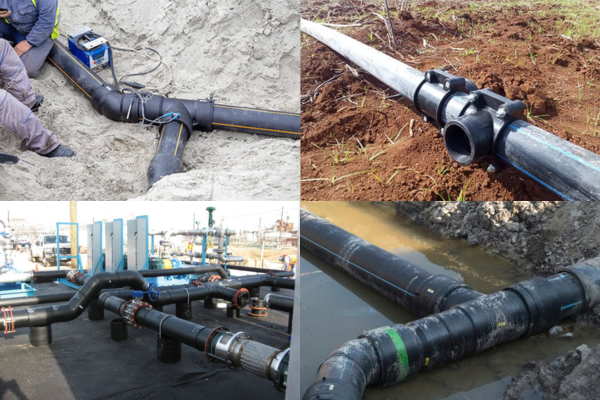
Applications of Electrofusion Flange
Water Supply Systems: Used in the connection of HDPE pipes for potable water distribution, ensuring leak-proof joints and reliable water delivery.
Gas Distribution Networks: Employed in the safe and secure joining of pipes for the transportation of natural gas and other gases, providing a durable and tight seal.
Sewage and Wastewater Systems: Utilized in the construction of sewer and wastewater pipelines, offering corrosion resistance and long-lasting performance in harsh environments.
Industrial Piping Systems: Applied in various industrial settings for the conveyance of chemicals, slurries, and other fluids, benefiting from high chemical resistance and strength.
Agricultural Irrigation Systems: Used to connect pipes in irrigation systems, delivering water efficiently and effectively to agricultural fields.
Specifications for Electrofusion Flange
| Size (mm) | H (mm) | φ (mm) |
|---|---|---|
| 50 | 18.5 | 87.0 |
| 63 | 23.5 | 102.8 |
| 75 | 23.0 | 122.5 |
| 90 | 23.5 | 136.4 |
| 110 | 23.0 | 156.5 |
| 160 | 26.0 | 210.0 |
| 200 | 22.5 | 265.0 |
| 250 | 30.0 | 323.0 |
| 315 | 37.5 | 373.0 |
| 355 | 29.0 | 432.0 |
| 400 | 33.0 | 480.0 |
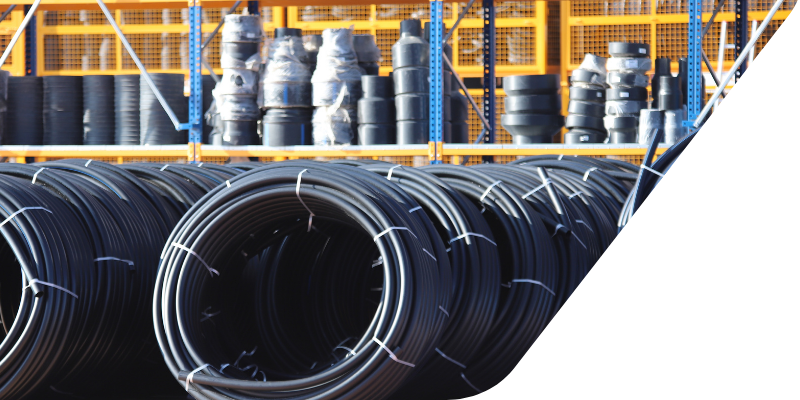
In this vital guide, we will look at the setting up of electrofusion flanges, an essential component in high-density polyethylene (HDPE) fittings. Professionals in the sector should understand the complexities of electrofusion flanges because HDPE piping systems are increasingly being relied upon for their durability and resistance to corrosion. This piece will explain how to install it, the tools required, and valuable hints that can ensure a solid and efficient connection.
The Question
Common FAQ
Explore comprehensive insights about Electrofusion Flange Adaptor. Please don’t hesitate to reach out to us if you have any inquiries.
Q: What is an Electrofusion Flange Adaptor?
A: An Electrofusion Flange Adaptor is a specialized fitting used in HDPE (high-density polyethylene) piping systems to connect pipes to flanges. This adaptor utilizes electrofusion welding, where electric current heats and melts the interface, creating a solid joint.
Q: How does Electrofusion Welding work?
A: Electrofusion welding involves using a welding machine to pass electric current through specific fittings, causing the material to heat and melt. As the interface cools, it fuses into a strong, solid joint. This technique is commonly used to ensure leak-proof connections in HDPE pipe fittings.
Q: What are the advantages of using an HDPE Electrofusion Flange Adaptor?
A: HDPE Electrofusion Flange Adaptors offer several benefits, including ease of installation, high-quality joints, and long-lasting durability. They are also approved by PE100, ensuring they meet the highest quality standards for industrial applications.
Q: Can Electrofusion Flange Adaptors connect to other types of fittings?
A: Yes, Electrofusion Flange Adaptors can connect HDPE piping to various fittings, such as stub flanges, reducers, and 45-degree elbows. They are versatile and can be adapted for a range of piping configurations.
Q: What materials are HDPE Electrofusion Flange Adaptors made from?
A: HDPE Electrofusion Flange Adaptors are typically made from high-quality HDPE, often PE100, which ensures durability and resistance to corrosion. These fittings are designed to withstand harsh industrial environments.
Q: Are HDPE Electrofusion Flange Adaptors certified?
A: Yes, high-quality HDPE Electrofusion Flange Adaptors often come with certifications such as ISO9001 and are usually manufactured in compliance with industry standards. These certifications ensure that the fittings meet high-quality and safety benchmarks.
Q: What pressure ratings are available for Electrofusion Flange Adaptors?
A: Electrofusion Flange Adaptors are available in various pressure ratings, such as PN10 and PN16, to accommodate different application needs. Selection should be based on the specific pressure requirements of the piping system.


